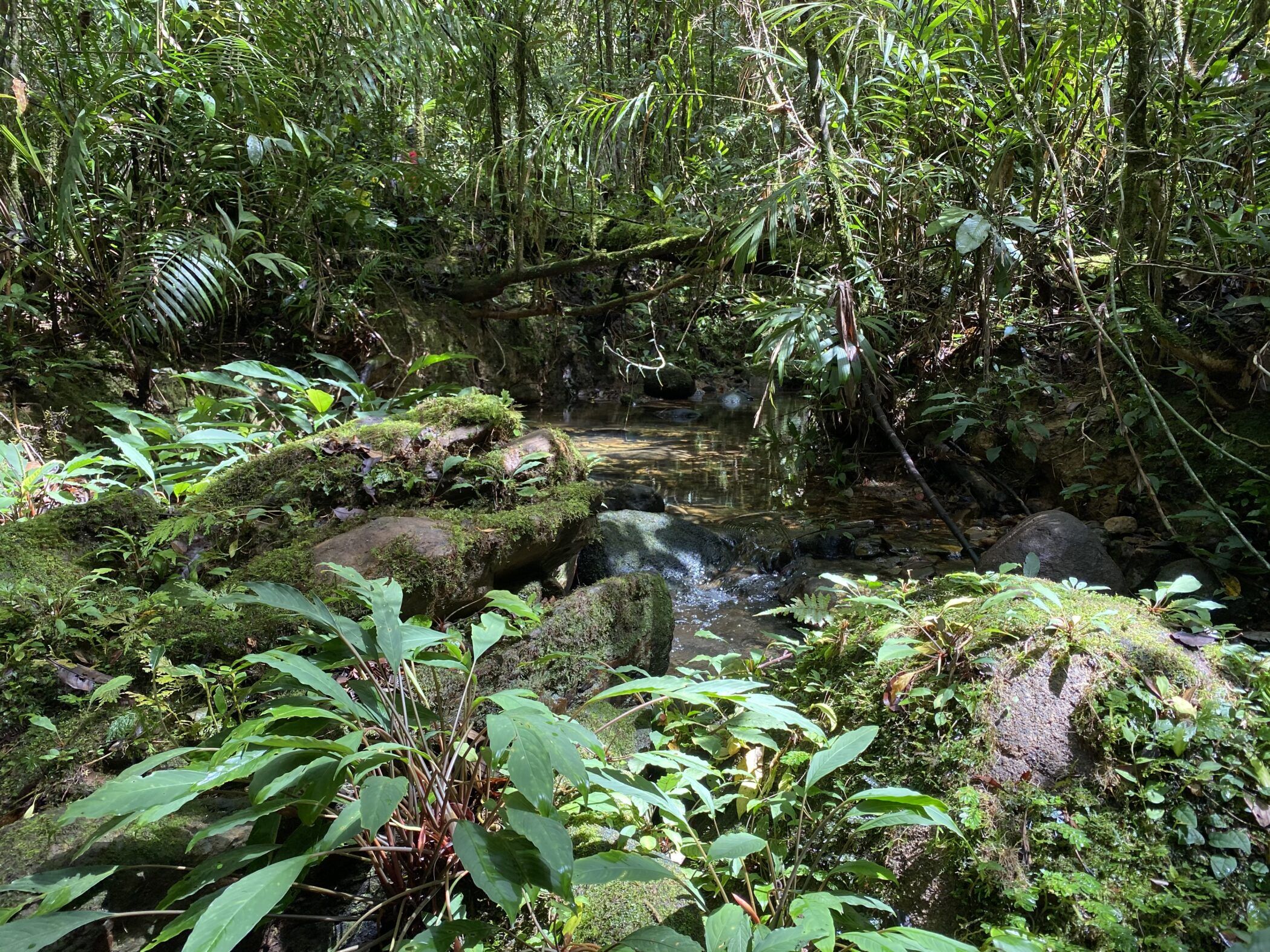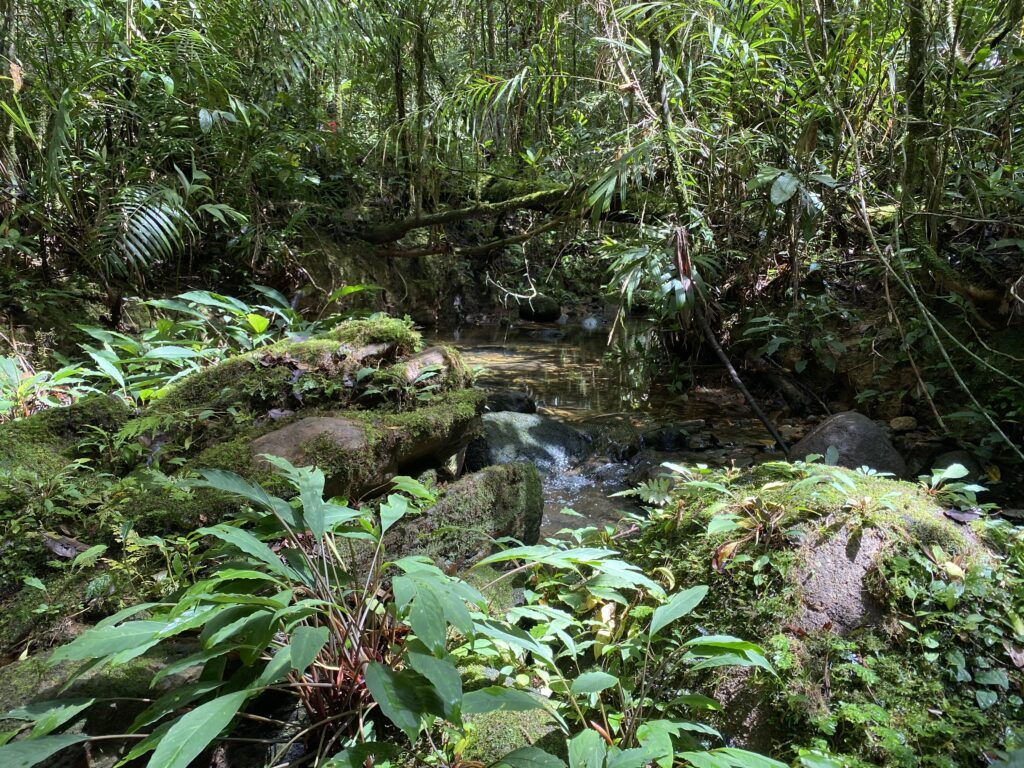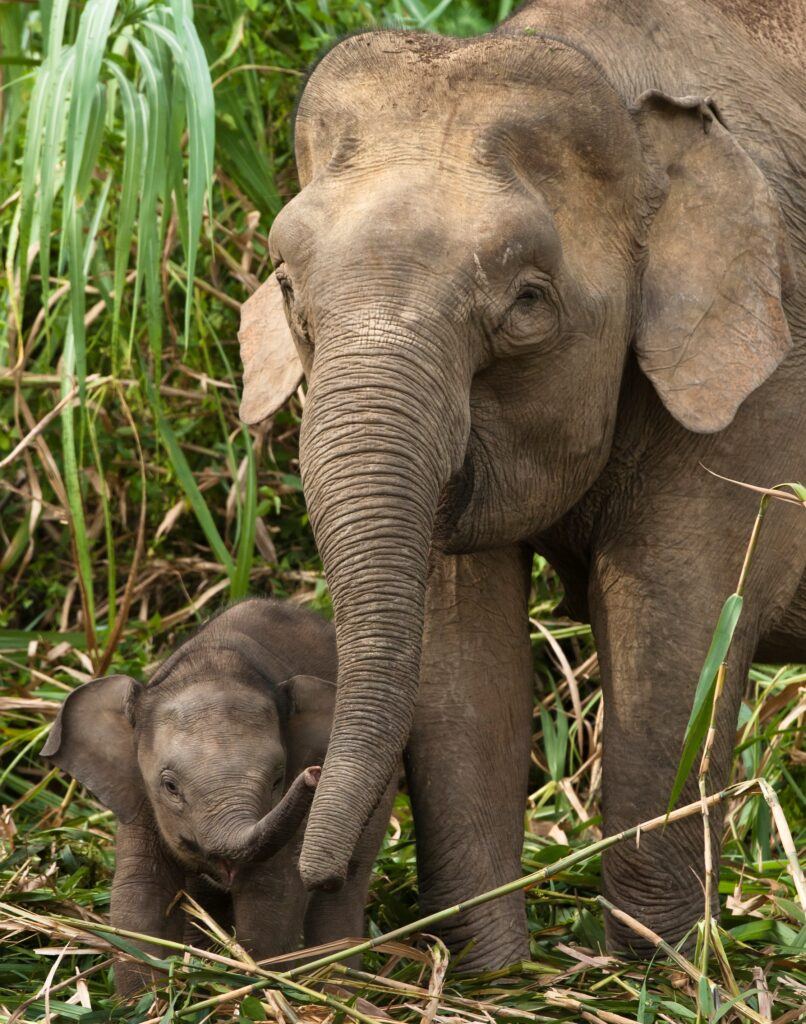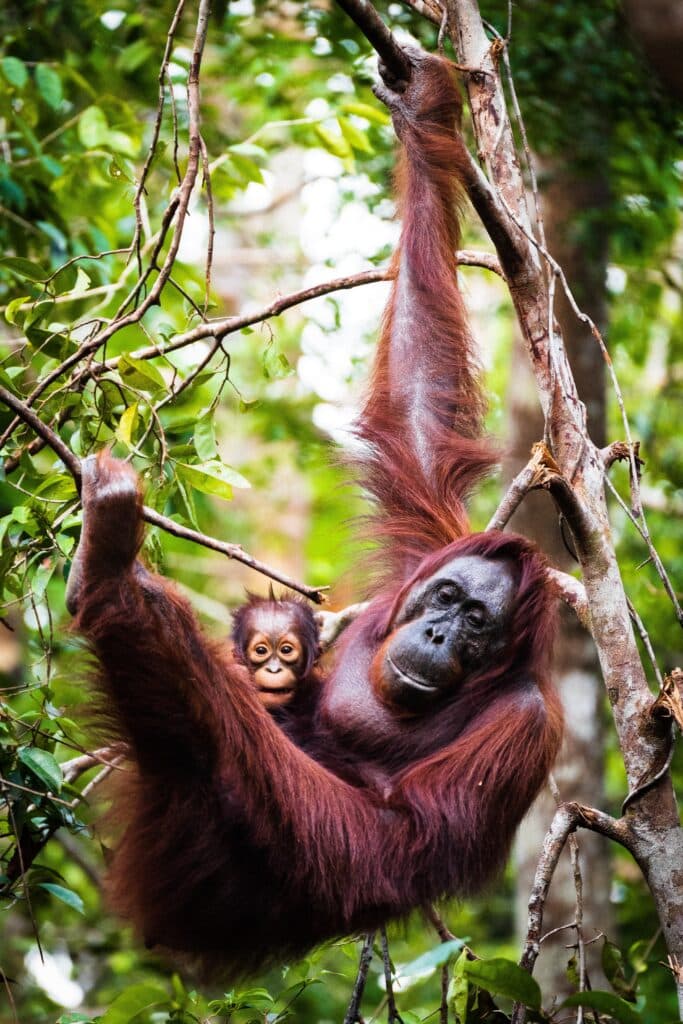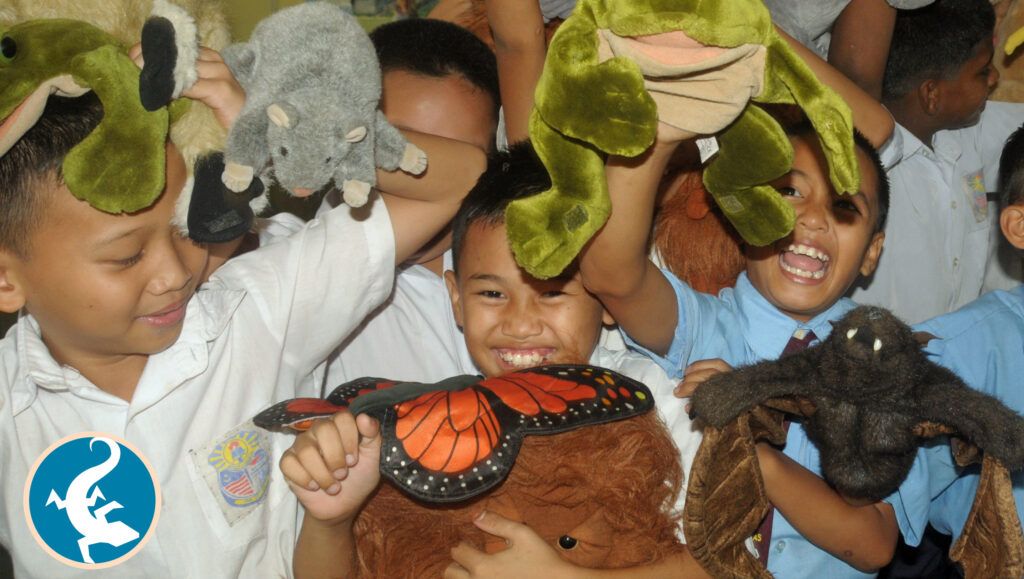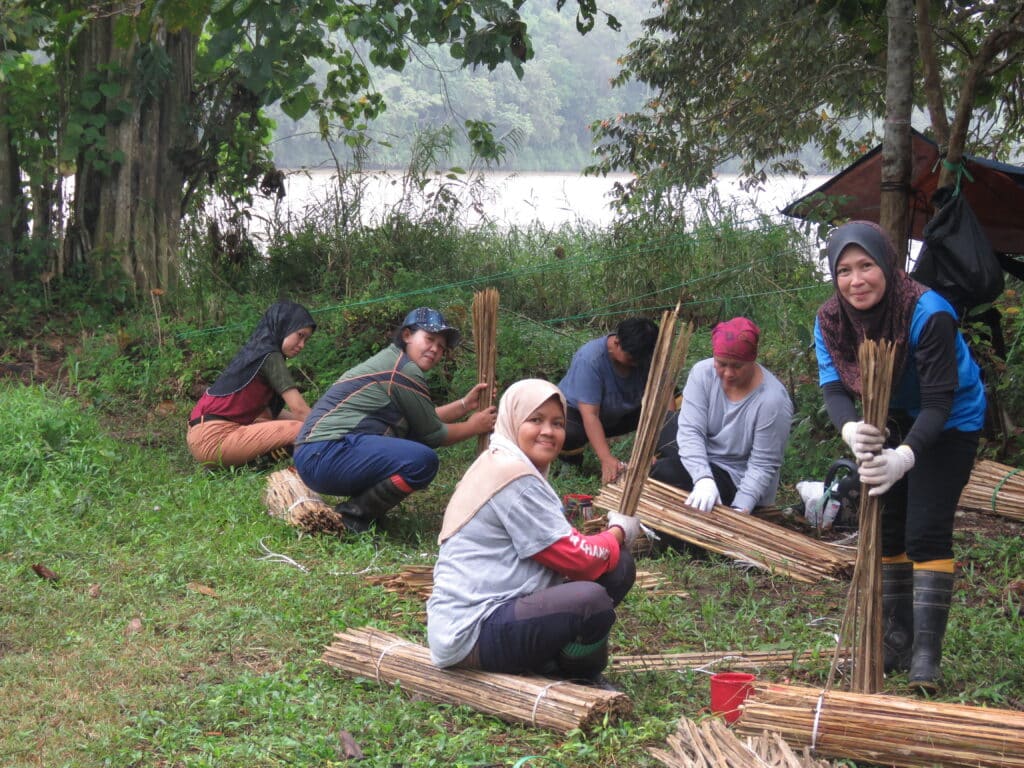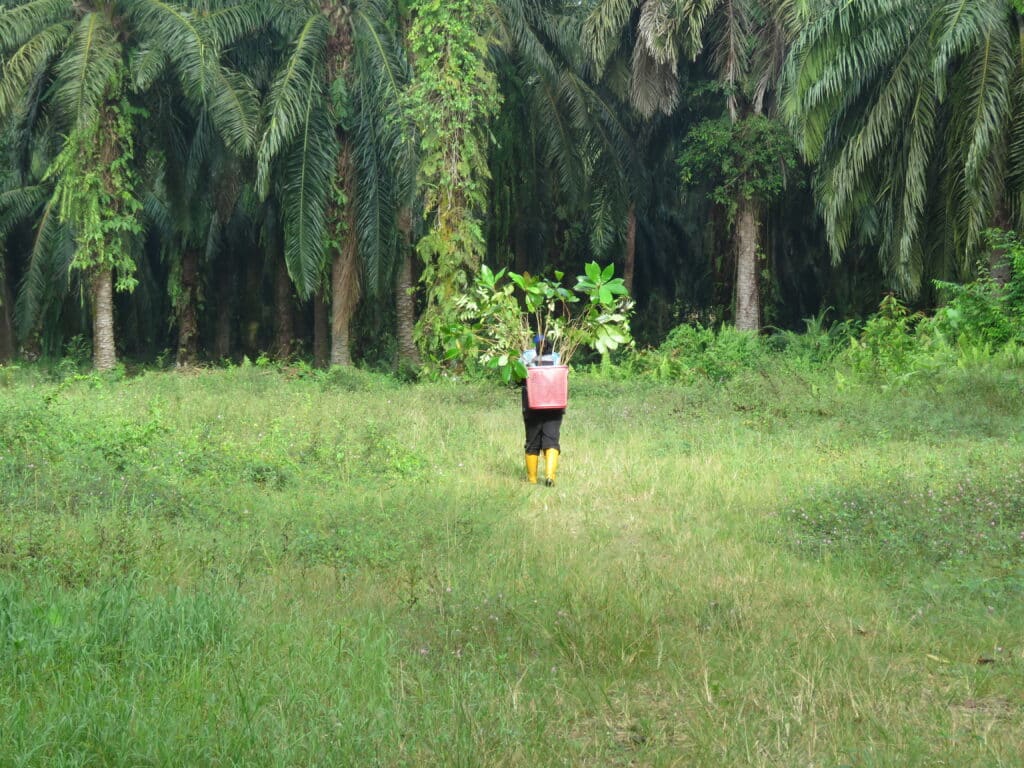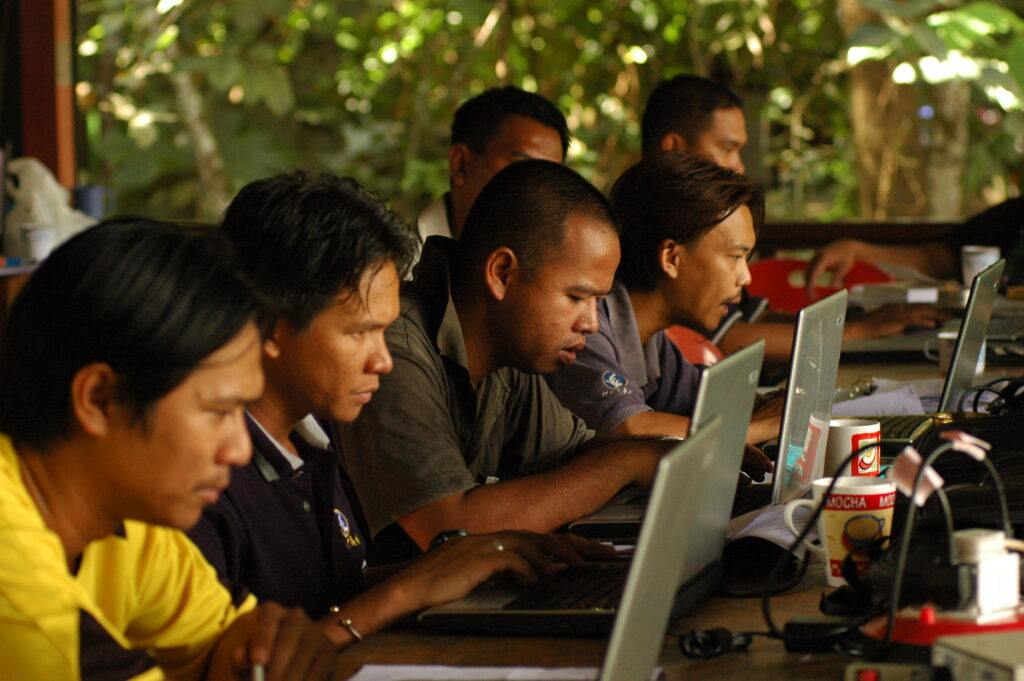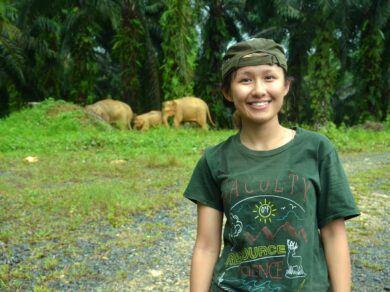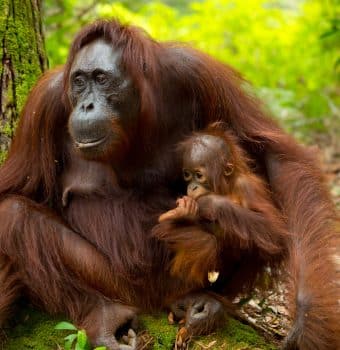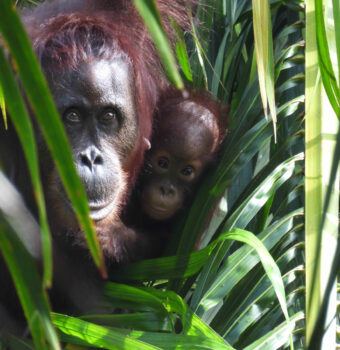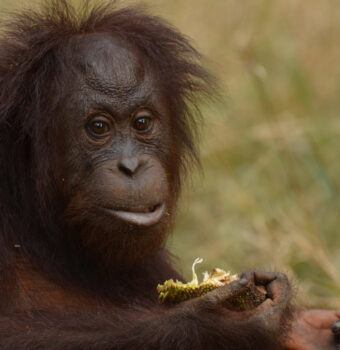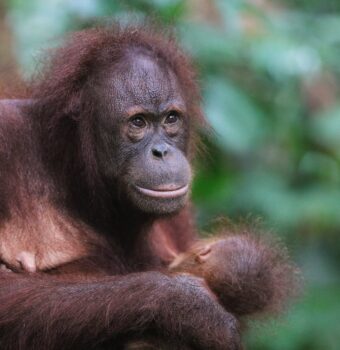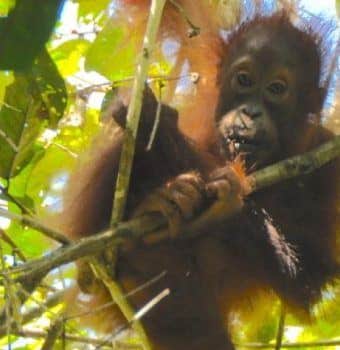When you get involved, donate, or spread the word on social media, you are truly making a better world for orangutans and the communities that live alongside them. Here’s a few ways you can help:
Connect with Hutan on social media to learn more about their work and be a voice for orangutans.
Visit Hutan’s website and sign up for their newsletter to deepen your connection with conservation.
VISIT WEBSITE
Donate to support their work protecting orangutans in the wild. Through our donation model, 100% of your donation goes to field with zero taken for overhead or administration.



